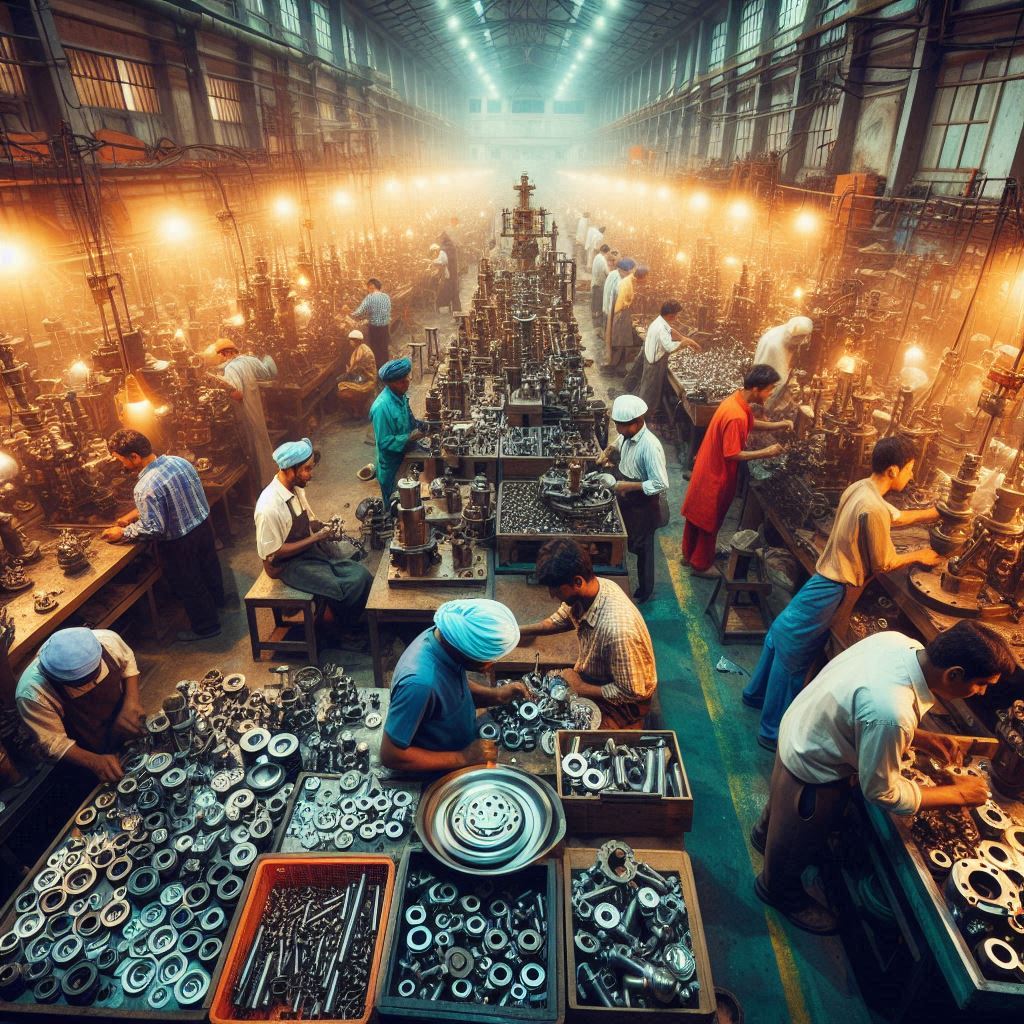As global industries seek reliable, scalable, and innovative partners, Indian valve casting suppliers are emerging as key players in driving manufacturing transformation. Beyond cost advantages and technical precision, India offers a mature manufacturing ecosystem, government-backed infrastructure, and an export-ready supply chain that is reshaping the global valve casting landscape.
Strategic Geographic Advantage for Global Reach
One often-overlooked strength of Indian valve casting suppliers is their strategic geographic positioning and proximity to major international shipping routes. With access to major ports and a well-established logistics infrastructure, Indian manufacturers can deliver valve components swiftly to markets in Europe, the Middle East, Africa, and Southeast Asia. This geographic advantage reduces shipping delays, improves lead times, and supports agile supply chain management for global clients.
Diverse Material Expertise
Indian valve casting foundries are known for their versatility in materials, working with a wide range of alloys beyond standard stainless steel or cast iron. They offer casting solutions in materials such as duplex and super duplex stainless steels, Inconel, Hastelloy, bronze, and other corrosion- and heat-resistant alloys. This diverse material capability allows Indian suppliers to serve niche applications in marine, defense, chemical processing, and aerospace industries, where performance requirements are extremely stringent.
Robust R&D and Design Collaboration
Unlike traditional manufacturers who focus only on production, top Indian valve casting suppliers emphasize collaborative product development. Their in-house R&D teams work closely with OEMs to co-design or improve valve casting designs using simulation tools like SolidWorks, ANSYS, and MAGMASoft. This design collaboration results in weight-optimized, cost-effective, and performance-enhanced components. For startups or OEMs without deep technical resources, this is a game-changer.
Adherence to Global Certifications and Sustainability Norms
Leading Indian valve casting manufacturers are not only ISO-compliant but also pursue global certifications like PED (Pressure Equipment Directive), AD 2000, CE Marking, and AS9100 (for aerospace). Many are now also aligning with ESG and sustainability goals, adopting energy-efficient melting technologies, sand reclamation systems, and waste minimization strategies to reduce their environmental footprint. This aligns well with the growing global demand for sustainable and ethically sourced industrial components.
Workforce Strength and Skill Development
India’s strength lies in its large, technically trained workforce. Many casting facilities run their own training centers in collaboration with government initiatives like Skill India and NSDC (National Skill Development Corporation). This ensures a steady stream of skilled workers who are trained in the latest manufacturing techniques and safety standards, reducing downtime and ensuring process reliability.
Strong Post-Sales and Technical Support
Indian valve casting suppliers are increasingly offering robust post-sales services, including detailed documentation, traceability reports, after-sales inspections, and failure analysis support. For industries that require technical assistance even after product deployment—such as oil rigs, pharma plants, or power generation stations—this added layer of support enhances trust and long-term collaboration.
Conclusion: India’s Valve Casting Industry is Future-Ready
Valve casting supplier are not just catching up with global standards—they’re setting them. With strengths in material innovation, global certifications, skilled manpower, and sustainable practices, India is redefining what it means to be a reliable industrial partner. As industries worldwide look for resilient, high-quality, and forward-thinking suppliers, India stands out as a hub of next-gen valve casting solutions ready to meet the evolving demands of global supply chains.


